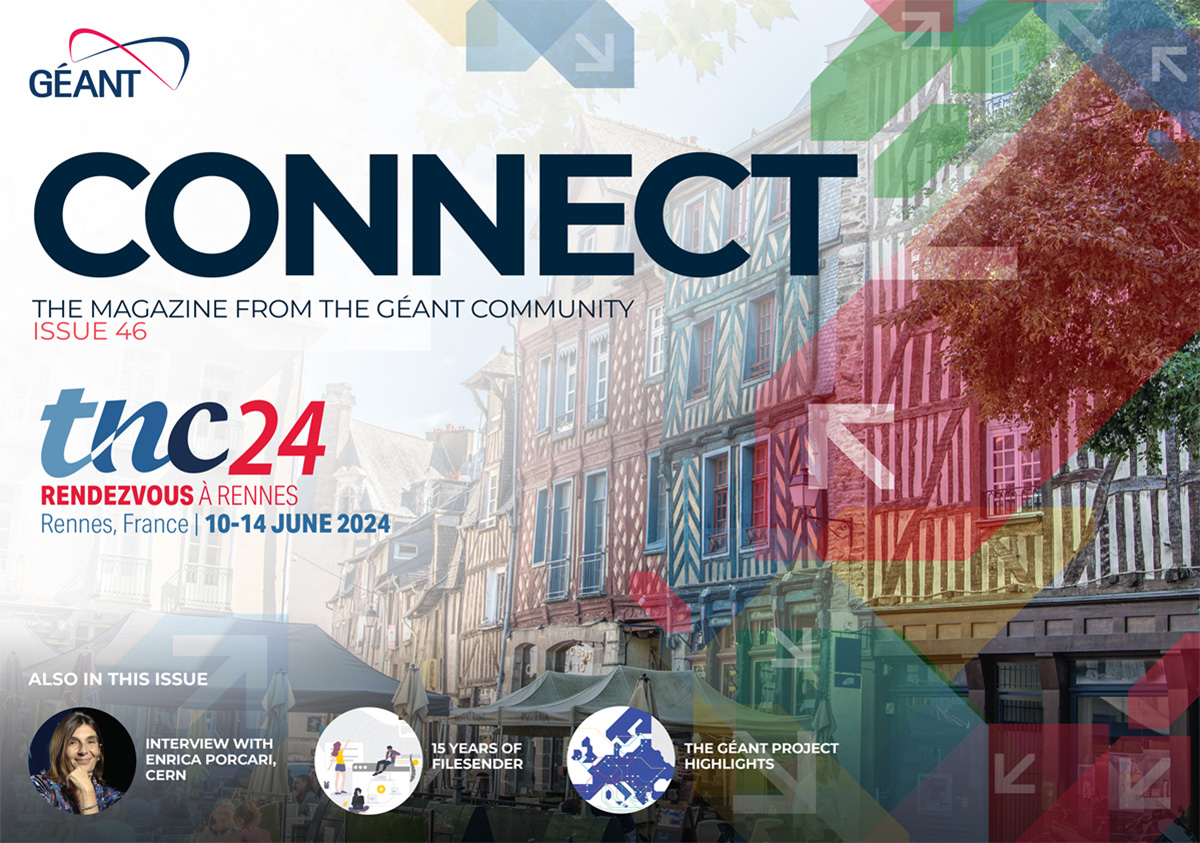The high jump is one of the most traditional Olympic sports. Since Ancient Greece, athletes jumped forward until 1968 when, at the Olympic Games in Mexico City, the north American Dick Fosbury innovated the sport by jumping backwards, a technique now known as the “Fosbury Jump”. The athlete revolutionised the sport by copying the jump of his niece, who did gymnastics at the time.
Just as the athlete provoked his colleagues with this jump, RNP is playing a role in Brazil provoking the market with innovative business models.
The first example is the Connected North Program, where the NREN launched sub-river cables through the Amazon rivers, and structured a neutral operator for its sustainability, sharing the infrastructure with internet service providers (ISP) and mobile companies, and ensuring its operation and maintenance.
“The more relevant innovation is the neutral operator model proposed by RNP. Although it is challenging to lay cables in the beds of the huge Amazon rivers, it is even more difficult to do so without a monopoly. And we achieved that. With the pilot project we could enable many operators to participate in this connectivity”, says Eduardo Grizendi, Engineering and Operations Director at RNP.
“We are going to replicate this model in the other seven infovias, which will connect, when all finished, a total of 58 cities with 12,000 km of sub-river optical cables, benefiting up to 10 million people. In addition to high-speed internet access and service to local educational and research institutions, the project is expected to boost the region’s economic development and strengthen policies for public education, health, security, defense and the judiciary”, adds Grizendi.
The second business model innovation is Internet Brasil. It delivers, free of charge, eSIM Cards, that is, mobile broadband chips, to thousands of students in conditions of poverty or extreme poverty.
“We called the eSIM Cards as ‘neutral chips’, because they are not linked to a single operator. Therefore, with the possibility of remotely changing the personal mobile service operator, depending on the student’s usage experience. Attendance of up to 700,000 students began with a proof of concept (PoC) for 10,000 students, whose eSIM Cards with 20 GB of monthly data have already been delivered to them. The functionality of remote change of personal mobile service operator without the need to change the chip operator worked as expected, enabling the start of the process of scaling up the distribution of the chips. On the other hand, the project is enabling the understanding of this market by working with mobile virtual network operators (MVNOs) and companies that provide eSIM Cards and remote device provisioning”, celebrates Antônio Carlos Nunes, Services and Solutions Director at RNP.
“These experiences show that academic networks can act as vectors of digital transformation for education and research institutions, as well as important influencers in public policies, proposing new business models for the market. Additionally, NRENs can impact digital inclusion processes even more proposing significant connectivity”, concludes Nunes.

Read or download the full magazine here






